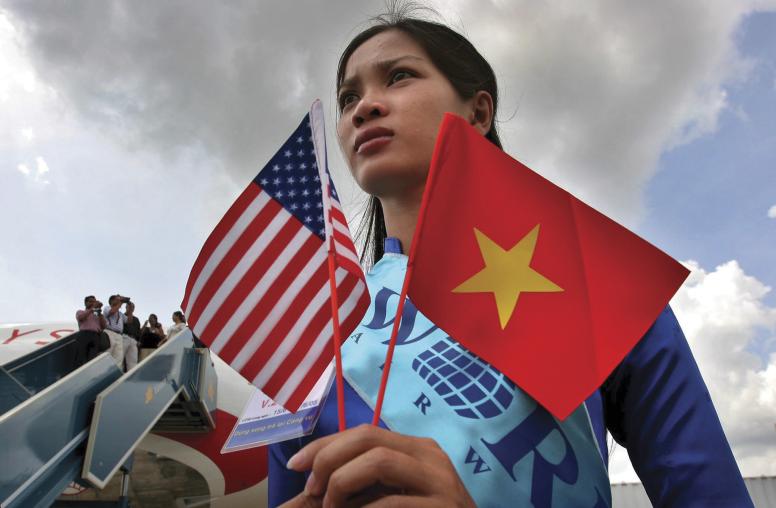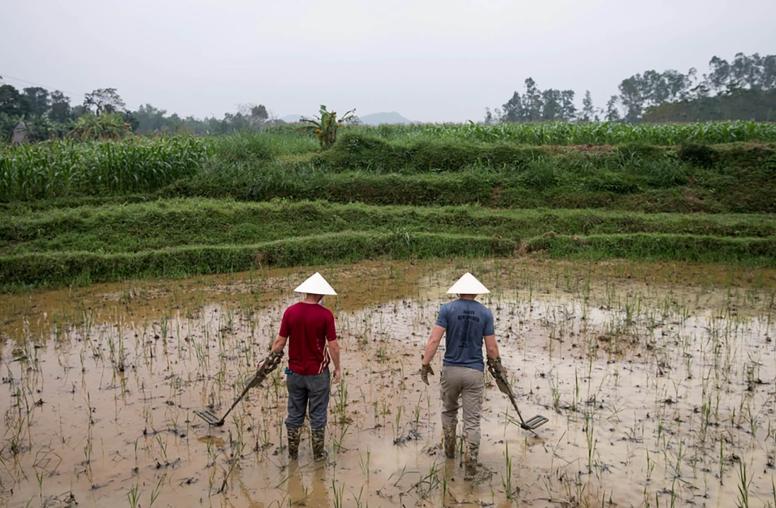Reflections on the 50th Anniversary of the Vietnam Peace Settlement
How Do the 1973 Paris Peace Accords Influence Today’s U.S.-Vietnam Partnership?
Read the event coverageThis year marks the 50th anniversary of the peace accords that led to the withdrawal of U.S. military forces in Vietnam. Signed in Paris in 1973, the accords did not end all hostilities in Vietnam, Laos or Cambodia. However, the agreement was one important step toward a post-war settlement that was fully realized when the United States and Vietnam normalized relations in 1995 and agreed on a comprehensive partnership in 2013.
English
Vietnamese
With support from Congress, USIP launched the Vietnam War Legacies and Reconciliation Initiative in 2021. The initiative seeks to understand how the United States and Vietnam moved from a brutal war to an imperfect peace settlement and today’s growing partnership build on trust and shared interests.
On February 16, USIP hosted a conversation with prominent political figures and historians as they discussed their differing interpretations of the meaning of the 1973 Peace Accords and their influence on present-day U.S.-Vietnam relations.
This event was held in English with simultaneous Vietnamese translation available online.
Continue the conversation on Twitter using #USAVietnam.
Speakers
Ambassador William Taylor, opening remarks
Vice President, Center for Russia and Europe, U.S. Institute of Peace
Ambassador Nguyen Quoc Dzung
Ambassador of the Socialist Republic of Vietnam to the United States
Ambassador John D. Negroponte
Vice Chair, McLarty Associates
Lien-Hang Nguyen
Associate Professor in the History of the United States and East Asia, Columbia University
Carolyn Eisenberg
Professor of U.S. History and American Foreign Policy, Hofstra University
Andrew Wells-Dang, moderator
Senior Expert, U.S. Institute of Peace



